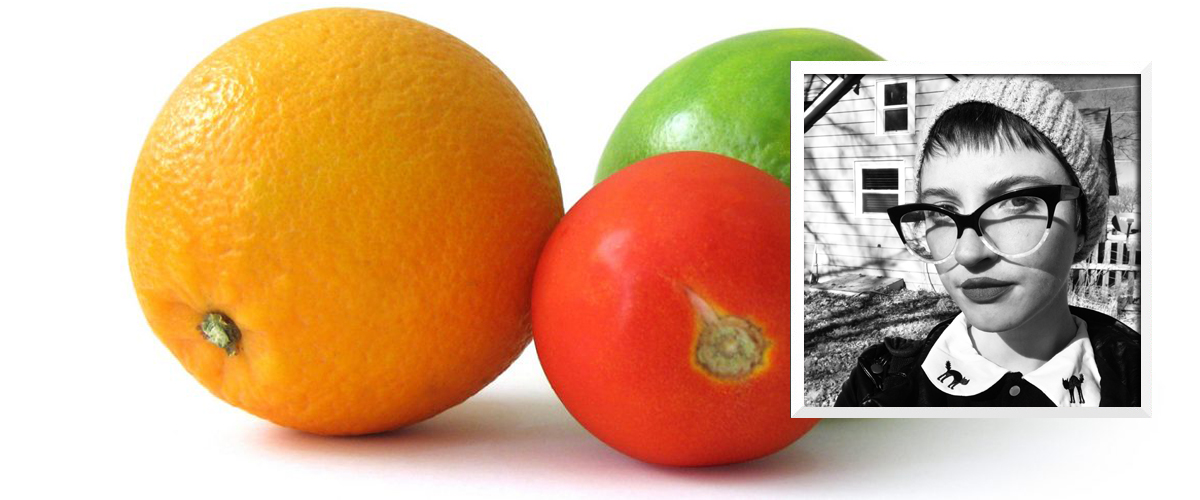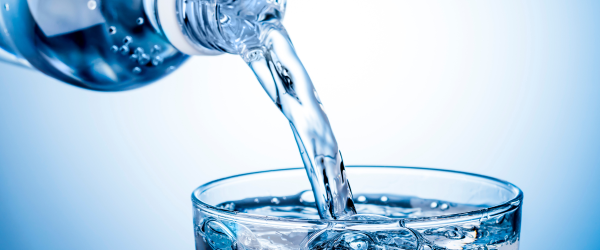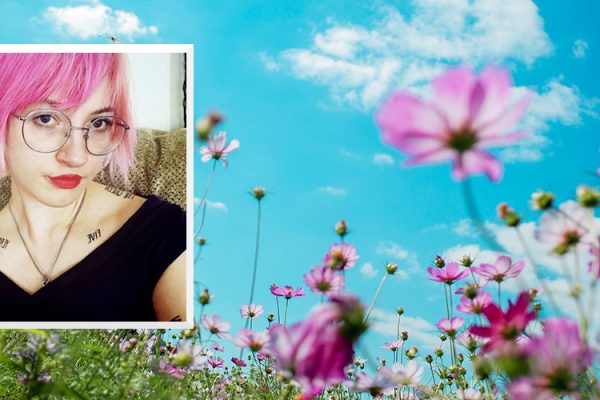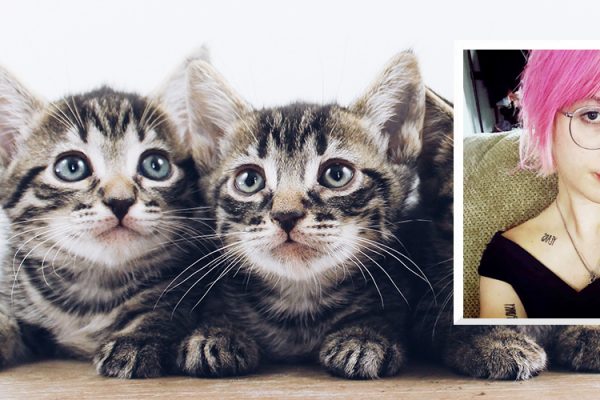We’re a month and a few weeks into the new year. One of the more common new year’s resolutions people make is to adopt a healthy — or at least an incrementally healthier (it’s all a process!) — diet.
Although there are plenty of diets to choose from, I’m most acquainted with vegetarian and vegan diets. Since I was 16, I’ve tried to maintain a vegetarian diet and lifestyle. And in 2018, I adopted a mostly vegan diet.
In the upcoming months, I’ll be covering various aspects of a vegan diet and lifestyle ranging from vegan recipes and cooking tips to vegan fashion staples and beauty products.
First, though, I’ll start with a crash course on veganism and how even adopting the diet a day or two a week can help the environment, possibly your health and maybe even your cash flow. Plus, if you like your new lifestyle, embrace it for real and take your chance at getting free tickets for life from Beyonce and Jay-Z.
Veganism vs. vegetarianism
Vegetarianism is (generally) the practice of abstaining from meat consumption — so, animal death. Some vegetarians make exceptions for different items though due to individual circumstances. Diet, obviously, is very personal and, different people have different metrics that guide their food consumption.
Vegans take vegetarianism up a notch. According to the Food Network, vegans don’t eat any animal products. This includes meat, as well as dairy products, eggs and, for some vegans, honey. Many vegans also choose not to consume food products processed with animal products, such as “refined sugar, high fructose corn syrup, gelatin and some wine and beer.”
Why embrace a plant-based diet
Many people who choose to embrace a vegan or a vegetarian diet do so because of dietary preferences. Other people eat a plant-based diet because they are concerned about animal welfare and animal cruelty in the food chain. More recently, people are embracing a vegan diet because it’s sustainable.
ABC News reported that a report in The Lancet found that “if people around the globe followed a plant-based diet, it would save over 10 million lives—preventing 20 percent of adult deaths per year.”
“We [asked], ‘What kind of diet do we need to optimize human health?’ and, ‘What are the limits that the earth can actually tolerate?” Dr. Brent Loken, co-author of the report and a conservation scientist, said to ABC News. “Some reports look at it differently, like what [level] greenhouse gases need to [reach] and then work backwards.”
You don’t have to go all or nothing
I get it. Omitting foods you absolutely love from your diet is never smart. It was easy for me to “go vegetarian” and to now maintain a mostly vegan diet because I’ve never really liked meat or eaten a lot of dairy or eggs.
And since I’ve never been a fan of telling myself that certain foods are “bad” or that I can never consume certain foods, I allow myself to eat some animal byproducts. Although I never really crave or eat animal byproducts, my “philosophy” allows me to maintain a healthy relationship with food and maintain a sensible diet.
Get creative
Although a vegan diet is plant-based, vegans aren’t destined to have to eat steamed vegetables at every meal. There are multiple cookbooks — my current favorite is America’s Test Kitchen’s Vegan for Everybody — that make eating and cooking vegan easy.
Next time, I’ll explain what vegan and cruelty-free beauty and hair products are and list brands to try. In April, I’ll provide some information on vegan food staples and some recipes, and in May, I’ll finish the series with a piece on vegan fashion. All the bases — covered!
—
Abbie Stutzer is a writer and editor from Lawrence, Kansas. Find her on Twitter at @abbiestutzer and on Insta at @abbiestutzer. Email her at abbie@ynotcam.com.
Image via Alaa Safei.











[…] can check out “Incrementally Vegan: Benefits of a Partially Plant-Based Life” for a […]
[…] benefits from incorporating some aspects of a plant-based diet and lifestyle into your own. You can think about diet, yes, but there are also considerations to be made with beauty products and […]